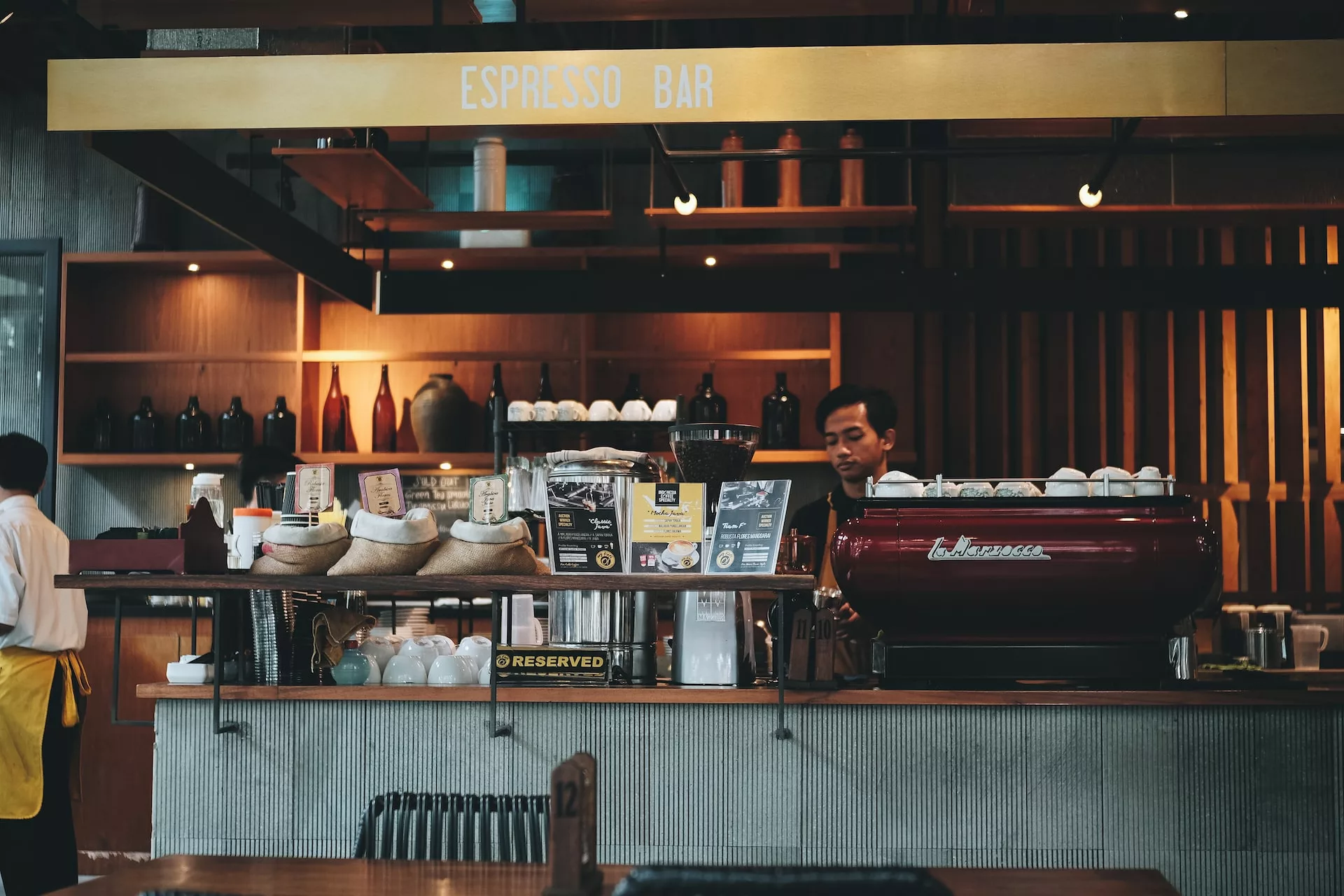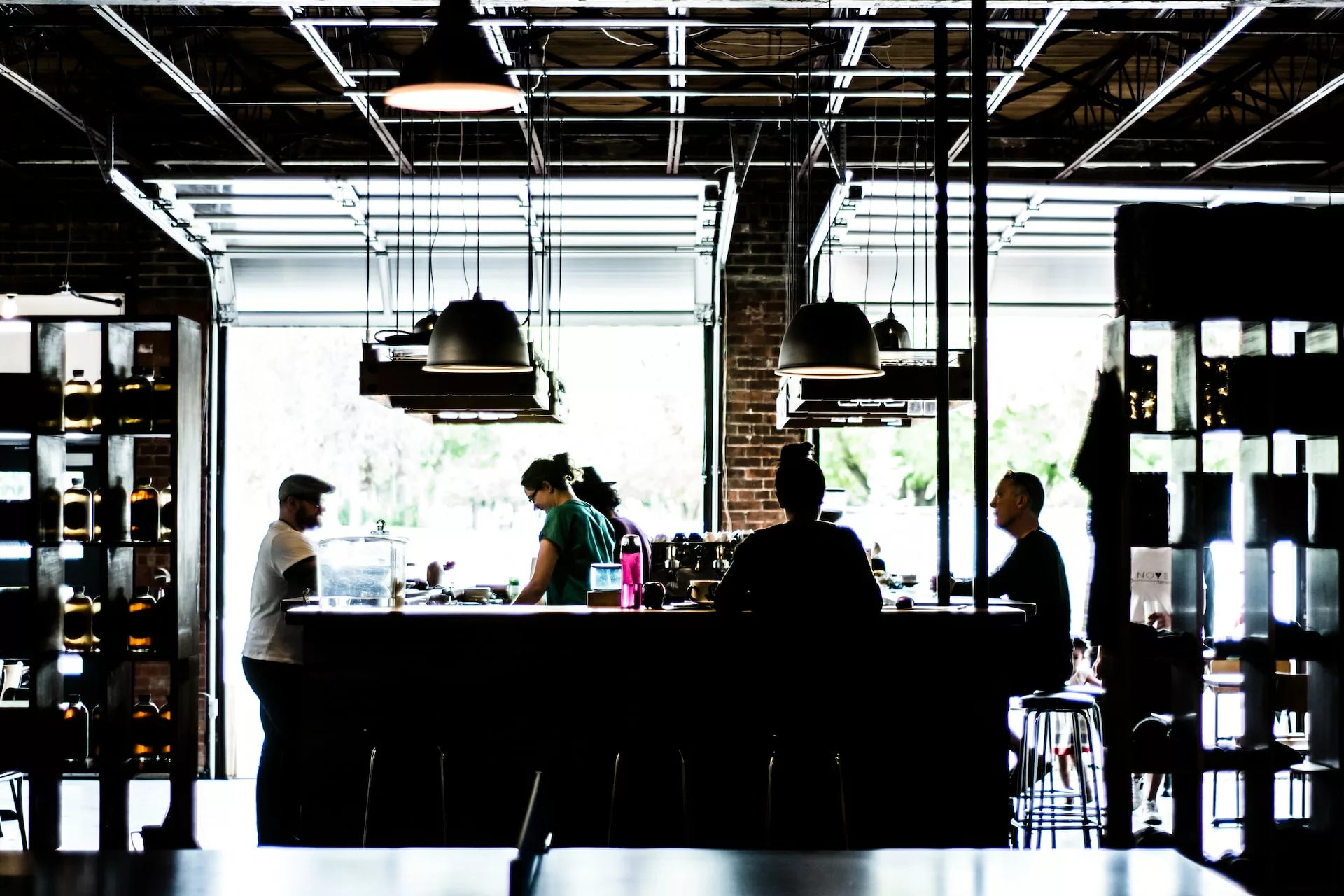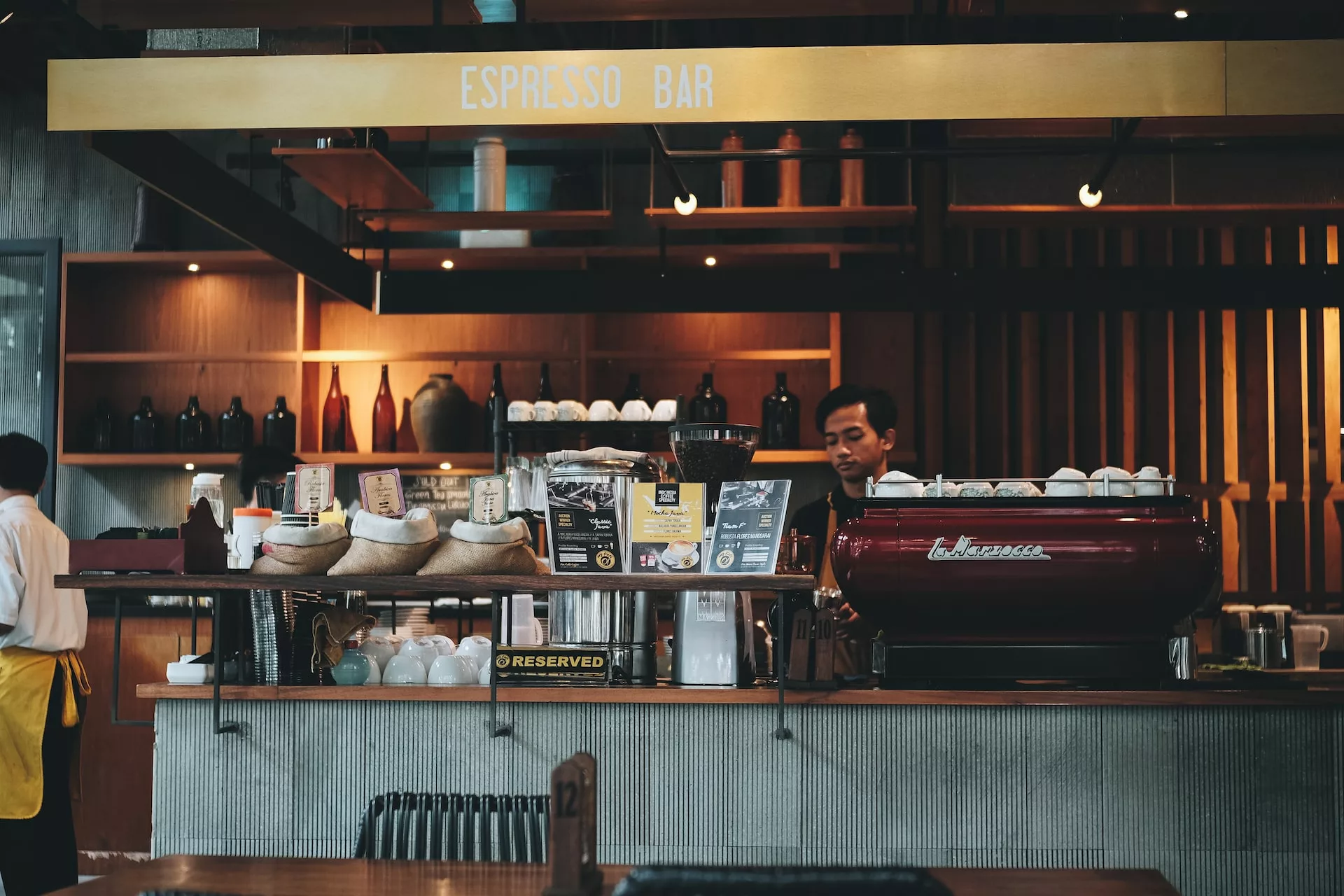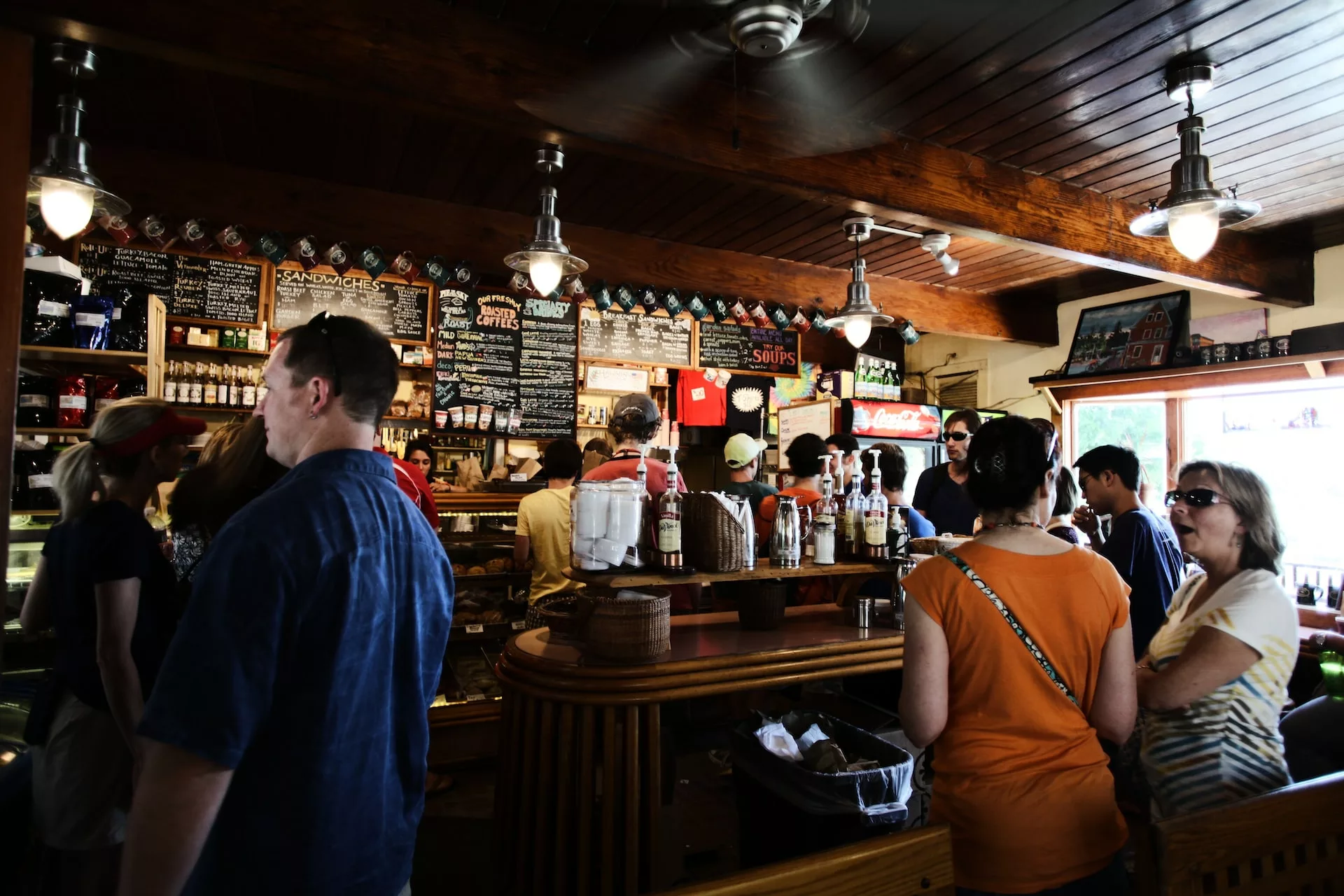So you want to start a coffee shop? That’s great! The coffee industry is booming, and there’s no better time to get in on the action. But starting a coffee shop can be expensive—you need to buy equipment, rent space, hire staff, and stock up on supplies. If you don’t have a lot of money to spend, don’t worry! There are plenty of ways to start a coffee shop on a low budget. Here are a few tips:
1. Buy used equipment
Start your coffee shop on the right foot by outfitting it with used equipment. Used coffee machines, for instance, can be found for a fraction of their original cost. To find a good quality used coffee machine, start by checking online classifieds and auction sites. You should also check with local coffee shops to see if they have any machines that they no longer need. Once you’ve found a few potential candidates, have them inspected by a qualified technician to make sure they’re in good working order. By investing in used equipment, you’ll be able to keep your startup costs low and increase your chances of success.
2. Get creative with your marketing
There are plenty of free or low-cost marketing tools available online. Get creative and take advantage of social media, online directories, and other resources. Fortunately, there are a number of creative ways to market a coffee shop. For example, coffee shops can partner with local businesses to offer discounts or free coffee to employees. They can also host community events such as book clubs or movie nights. And of course, coffee shops can use social media to reach a wider audience. With a little creativity, coffee shops can attract new customers and build loyalty among existing ones.
3. Find a low-rent location
Rent is one of the biggest expenses for any retail business, so it’s important to find a location that won’t break the bank. Look for locations that aren’t in prime real estate areas or that are in need of some TLC. With some elbow grease and a little bit of money, you can turn an unappealing location into a cute and cozy coffee shop.
4. Get creative with your menu
Your menu should be simple and focus on items that can be made quickly and easily. Coffee is the star of the show, so keep your food offerings simple and straightforward. Stick to pastries, sandwiches, and soups that can be made ahead of time and don’t require much prep work. Keep your portion sizes small so you’re not wasting food, and offer discounts on items that are close to their expiration date.
5. Choose lower-cost suppliers
One way to reduce expenses is by choosing lower-cost suppliers for your coffee beans, milk, and other necessary ingredients. You can do this by shopping around and comparing prices from different suppliers. Another way to reduce supplier costs is by negotiating discounts for bulk orders. For example, you could negotiate a 5% discount if you agree to purchase all of your coffee beans from one supplier for the next year.
6. Buy in bulk
Coffee beans and tea leaves are relatively inexpensive when bought in bulk, so take advantage of economies of scale by purchasing larger quantities at once.
7. Invest in an airtight container
Coffee beans go bad quickly when exposed to oxygen, so it’s important to invest in a high-quality airtight container. This will keep your beans fresh longer and save you money in the long run.
8. Grind only what you need
If you grind more coffee than you need, the leftover grounds will start to go stale quickly. Only grind the amount of coffee you’ll need for each pot or batch of espresso. This may require a little extra time upfront, but it will save you waste in the long run.
9. Use reusable cups
If customers bring their own reusable cups, that’s one less cup you have to purchase! Offer a discount for customers who use their own reusable cups and make it known that you’re trying to be eco-friendly as well as budget-friendly. These small changes can add up to big savings over time.
10. Bring in a partner
Not only could the partner offer a funding source, but they can also provide labor to keep your employee costs down during the startup phase. Having a partner can reduce your stress during the startup phase as you’re able to share the workload and responsibilities.
11. Negotiate better lease terms
If you are leasing your café space, you may be able to negotiate better lease terms with your landlord in order to reduce expenses. For example, you could negotiate a longer lease term in exchange for a lower monthly rent payment. Or, you could ask for a rent holiday during the first few months of business in order to give yourself time to get established. If you are able to successfully negotiate better lease terms, be sure to get the agreement in writing so that there is no misunderstanding later on.
12. Limit your hours
By closing earlier in the evening and on weekends, coffee shops can save money on labor costs, utilities, and inventory. While this may be a difficult decision for some coffee shop owners, it can be a necessary step to take in order to keep your expenses low. Of course, it’s important to consider the needs of your customers when making any changes to your hours of operation. But if you’re looking to cut costs, limiting the hours your coffee shop is open can be an effective strategy.
Starting a coffee shop doesn’t have to be expensive—if you’re smart about it, you can open yours on a shoestring budget. Just remember to focus on finding an affordable location, outfitting your shop with cost-effective equipment, keeping your menu simple, promoting your business online, using social media to reach new customers, and offering discounts/loyalty programs to keep them coming back for more. Follow these tips and you’ll be well on your way to success!
More Coffee Shop Articles
Should I find a partner for my new Coffee Shop?
Launching a coffee shop can be an overwhelming task, especially if you have limited resources. Finding the right partner can be an invaluable asset to your business and help you reach your goals faster. In this post, we’ll discuss when it’s a good idea to find a partner for your coffee shop business.
Hit the Ground Running: How to Accelerate Your Coffee Shop Startup
Starting a new business is an exciting but daunting undertaking. If you want your coffee shop to take off and reach its full potential, it’s important to hit the ground running. In this post, we’ll explore how to accelerate your coffee shop startup by addressing key areas like planning, marketing, and operations.
What Professional Services Do I Need to Start My Coffee Shop?
Starting a coffee shop is a big undertaking, and it’s important to make sure you have the right professional services in place. In this post, we’ll explore what services you need to help make your dream of owning a coffee shop a reality.
5 Secrets to Local Marketing for My Coffee Shop
Local marketing is the key to success for any small business – especially a coffee shop. In this post, we uncover five tips and tricks that can help drive more customers through your door and boost your revenue.
Reducing Risk: Insurance Options for My Coffee Shop
Choosing the right insurance coverage for your coffee shop is an important part of reducing risk and protecting your business. Taking time to review available options and weigh the costs against potential risks can help ensure that you have the best coverage possible.
How Do I Get a Business License for My Coffee Shop?
Are you planning to open your own coffee shop? Make sure you know how to get a business license first! This post will explain step-by-step how to get the right license for your bustling cafe.
How Do I Find the Right Location for My Coffee Shop?
Opening a coffee shop is a big decision, and it all starts with finding the perfect location. In this post, we’ll take a look at what goes into choosing the ideal spot for your coffee shop business.
5 Mistakes Coffee Shop Entrepreneurs Make
Starting a coffee shop can be a daunting but rewarding task. But without the proper preparation, entrepreneurs can easily make mistakes that could prevent them from achieving success. This post covers five common pitfalls coffee shop owners should look out for to ensure they do not fall victim to them.
How to Find Funding to Start a Coffee Shop
Are you ready to become your own coffee shop owner? There are many ways to finance a new business, and this post will discuss how to find funding for your coffee shop dreams.










